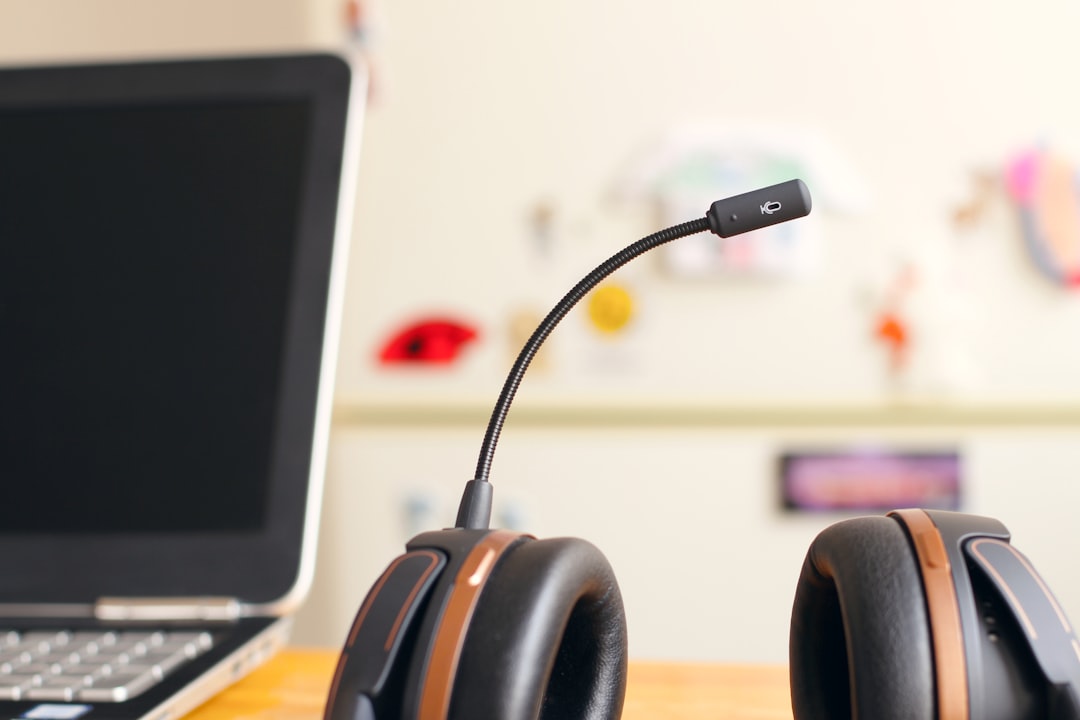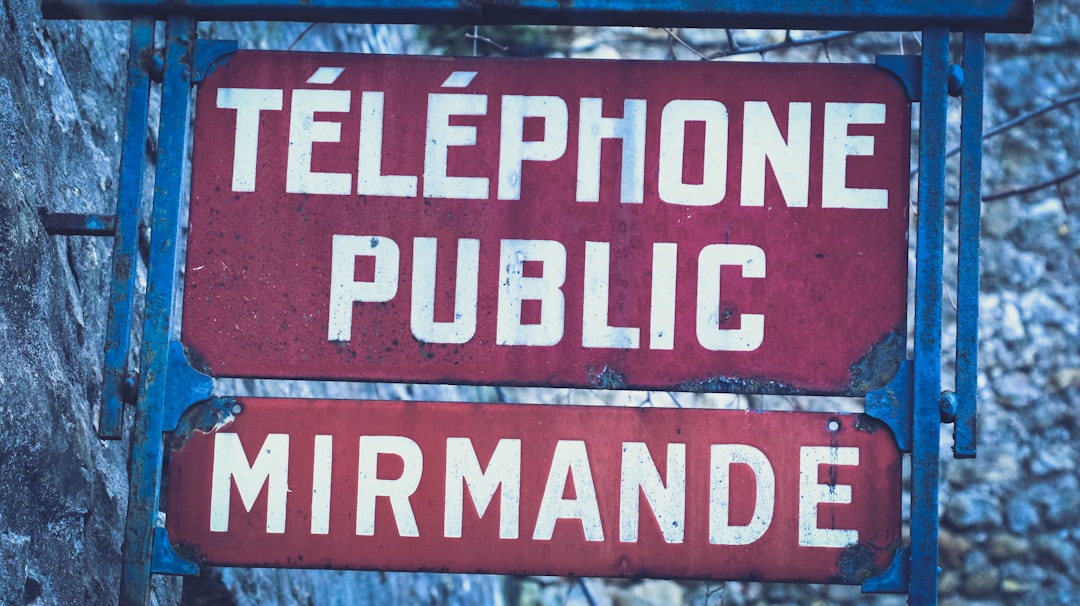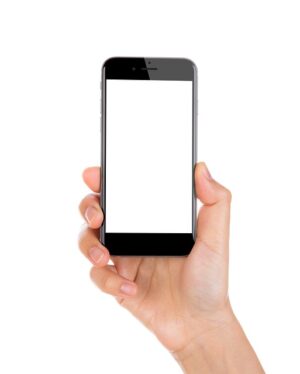Autodialers (ATDS) have transformed telemarketing in Florida but carry significant legal risks, primarily under the Telephone Consumer Protection Act (TCPA). State and federal laws strictly regulate their use, focusing on consumer privacy and consent. Businesses using autodialers must secure explicit prior written consent and provide clear opt-out options to avoid substantial fines and legal action. Consulting a lawyer specializing in Florida's autodialer laws is essential for navigating these complex regulations, ensuring compliance, and protecting operations.
In the digital age, autodialers have transformed telemarketing practices, but their usage comes with legal complexities, especially in Florida. This article navigates the intricate landscape of Florida’s telecommunications laws governing autodialers, offering a comprehensive guide for businesses and legal professionals. From understanding autodialers’ implications to key consent and privacy rules, we explore when these automated systems are legally permissible. Additionally, we highlight the importance of hiring a lawyer specializing in Florida autodialer issues to navigate penalties and ensure compliance.
Understanding Autodialers and Their Legal Implications in Florida

Autodialers, also known as automatic telephone dialing systems (ATDS), are technologies that have transformed telemarketing and communication across the nation, including Florida. These devices allow businesses to automatically dial phone numbers, en masse, to reach potential customers or clients. While they offer significant advantages in terms of efficiency and cost-effectiveness, understanding the legal implications is crucial for any business operating within the state.
In Florida, the use of autodialers is regulated by both state and federal laws, primarily the Telephone Consumer Protection Act (TCPA). This legislation restricts the manner in which businesses can use ATDS, focusing on consumer privacy and consent. Using an autodialer without proper authorization or in violation of these laws can result in substantial fines and legal repercussions. Therefore, it is essential for companies considering this technology to consult a lawyer for autodialer Florida to ensure they comply with all relevant regulations, protecting their business interests while respecting consumer rights.
Florida's Telecommunications Laws: A Summary for Autodialer Users

Florida’s telecommunications laws regulate the use of autodialers, also known as automatic dialing systems or ATS. These laws ensure consumer privacy and protect against unwanted telemarketing calls. Key regulations include obtaining explicit consent from callers before making automated phone calls and providing a clear opt-out mechanism during each call. Violations can result in significant fines, making it crucial for businesses using autodialers to consult with a lawyer for autodialer Florida.
The Florida Attorney General’s Office plays a pivotal role in enforcing these laws, and non-compliance may lead to legal action. Businesses must be mindful of the types of calls they initiate, as certain categories are explicitly excluded from protection. By adhering to these guidelines, companies can minimize their risk of legal repercussions and maintain ethical practices when utilizing autodialers for marketing or other purposes.
When Is an Autodialer Legal? Key Consent and Privacy Rules

In Florida, the legality of using an autodialer largely hinges on adhering to specific consent and privacy rules outlined by both state and federal laws. For an autodialer to be used legally, businesses must obtain prior express written consent from individuals before placing automated calls or sending text messages. This consent should be voluntary, unambiguous, and clearly indicate the individual’s agreement to receive such communications. A lawyer for autodialer Florida can help ensure that these guidelines are met to avoid legal repercussions.
Privacy is a paramount concern when employing autodialers. The Telephone Consumer Protection Act (TCPA) restricts the use of automated dialing systems to protect consumers from unwanted and harassing communication. Furthermore, Florida’s Telemarketing Law complements federal regulations by imposing additional restrictions on telemarketing practices within the state. Businesses must take reasonable steps to ensure that their autodialer technology respects individual privacy rights, including the ability to opt-out of future calls or messages. Engaging a legal expert specializing in autodialers in Florida can provide the necessary guidance to navigate these complex regulations.
Navigating Penalties and Best Practices: Hiring a Lawyer for Autodialer Issues in Florida

Navigating Penalties and Best Practices: Hiring a Lawyer for Autodialer Issues in Florida
Using autodialers in Florida’s telecommunications sector requires a keen understanding of state regulations to avoid stringent penalties. Florida laws strictly govern automated telephone calls, with strict fines and legal repercussions for non-compliance. Businesses utilizing autodialers should consider hiring a lawyer specializing in this area to ensure adherence to all applicable rules, including those related to do-not-call lists, consent requirements, and timing restrictions.
A lawyer for autodialer Florida can offer invaluable guidance on best practices, helping businesses mitigate legal risks and protect their operations. They can assist with drafting comprehensive consent forms, implementing robust opt-out mechanisms, and ensuring compliance throughout the entire process. By engaging a legal expert, companies can avoid costly mistakes, minimize exposure to penalties, and maintain a strong reputation in Florida’s telecommunications market.






